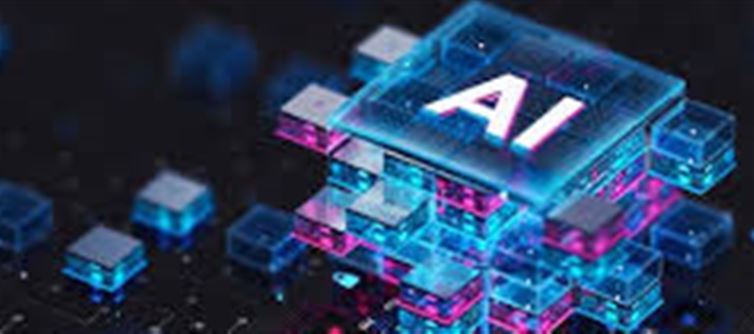
Introduction
Harsh Varshney, a machine learning software engineer at Google, recently shared his insights on how artificial intelligence (AI) has revolutionized the job of a software engineer. In a blog published in business Insider, Varshney wrote, "The tech industry is changing at an extraordinary pace, and it's a truly exciting time to have a front-row seat to its biggest evolution yet." He emphasized that while AI continues to automate routine tasks, human engineers remain crucial for complex problem-solving. Varshney highlighted that AI has significantly transformed the tech landscape, making it more dynamic and results-oriented. He noted that tasks that once took days can now be completed in hours, thanks to AI tools that shape how engineers debug, experiment, and optimize
AI's Impact on software Engineering
The integration of AI into software development has led to the emergence of "vibe coding," where engineers express intent in natural language, and AI handles the implementation. This shift allows engineers to focus on designing resilient and adaptable systems while AI handles repetitive and syntax-heavy tasks. The rise of AI-native practices is redefining modern software development, with companies like Salesforce reporting a 94% active adoption rate
Opportunities and Challenges
While AI offers numerous benefits, it also presents challenges. The automation of routine tasks may lead to concerns about job displacement. However, experts argue that AI is not replacing engineers but amplifying their creativity and enabling them to take on more strategic roles. The future of coding relies not on fewer engineers but on coders evolving into creative, strategic roles as conductors of AI-driven development
The Role of Indian-American Engineers
Indian-American engineers like Harsh Varshney are at the forefront of this transformation. Their contributions to AI and machine learning are shaping the future of software development. As AI continues to evolve, the role of engineers will shift towards more creative and strategic positions, leveraging AI to enhance productivity and innovation.
Conclusion
The integration of AI into software development is transforming the industry, offering new opportunities and challenges. Engineers are evolving from traditional coding roles to more strategic positions, collaborating with AI to design innovative solutions. As AI continues to advance, the future of software engineering will be characterized by a harmonious blend of human creativity and artificial intelligence.
Disclaimer:
The views and opinions expressed in this article are those of the author and do not necessarily reflect the official policy or position of any agency, organization, employer, or company. All information provided is for general informational purposes only. While every effort has been made to ensure accuracy, we make no representations or warranties of any kind, express or implied, about the completeness, reliability, or suitability of the information contained herein. Readers are advised to verify facts and seek professional advice where necessary. Any reliance placed on such information is strictly at the reader’s own risk.
.jpg)




 click and follow Indiaherald WhatsApp channel
click and follow Indiaherald WhatsApp channel